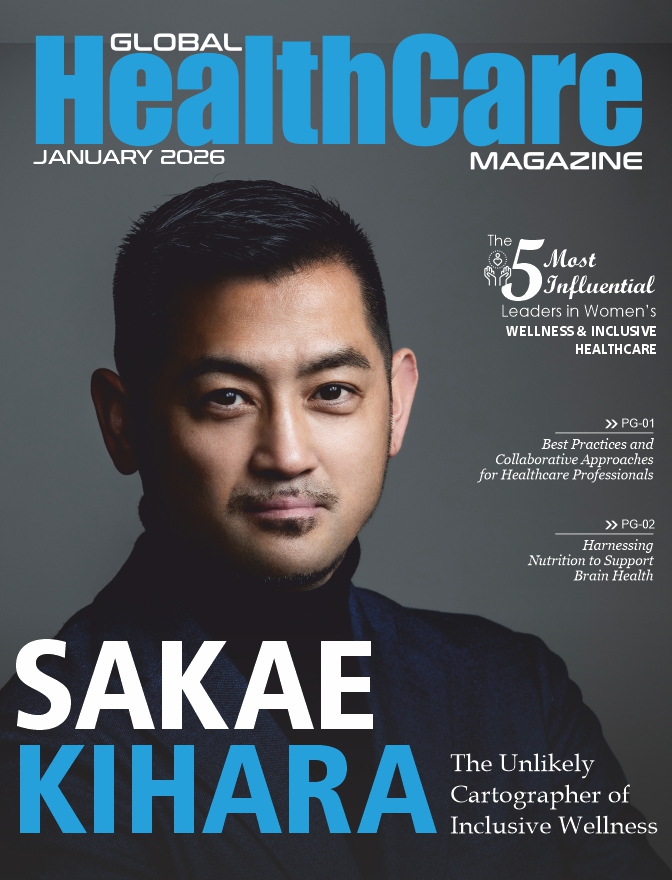Researchers from The University of Western Australia (UWA) have now developed new clinical guidelines to help clinicians safely deprescribe medications for adults aged 65 years and older.
As people age, health conditions often multiply, leading to more prescriptions being added over time. While these medications are meant to treat illnesses and prevent complications, there comes a point when taking too many drugs can do more harm than good.
Well, this guideline aims is to prevent serious side effects, hospitalisations, and poor quality of life caused by unnecessary or inappropriate medications.
What Is To Deprescribe Medications
To deprescribe medications is the planned and supervised process of reducing or stopping drugs that may no longer be helpful or could be causing harm.
Unlike simply stopping medication on a whim, deprescribing involves a careful review by doctors and pharmacists, considering factors such as:
- Whether the drug still provides benefit
- The potential for harmful side effects
- The patient’s current health, preferences, and life goals
- The risk of dangerous drug interactions
The process is especially important for seniors who often take five or more medicines daily, a situation known as polypharmacy. According to UWA researchers, polypharmacy increases the risk of falls, confusion, kidney damage, and even early death.
Importance of Deprescribing Right Now
Medical advances have made it easier to treat multiple conditions, but the downside is an escalating medication burden for older people.
Many medications that were once beneficial may become ineffective or risky as the body ages and metabolism slows.
The new UWA guidelines emphasise that deprescribing is not about denying care. Instead, it’s about personalising care and focusing on what truly improves a person’s health and comfort.
Here are some common reasons why deprescribing is essential:
- The health needs keep changing. A medication that worked well at age 55 may not be safe at age 75.
- Some drugs can cause side effects such as dizziness, falls, or confusion, which are particularly dangerous in seniors.
- The more medicines a person takes, the higher the risk of harmful interactions.
- Reducing the number of pills can improve the quality of life and make life simpler and more enjoyable.
Key Recommendations By the UWA Guidelines
The UWA deprescribing guidelines are the first of their kind in Australia and provide a step-by-step approach for healthcare professionals.
The recommendations focus on:
- Patient-centred care: Understanding what matters most to the patient.
- Risk vs. benefit analysis: Carefully weighing the pros and cons of each drug.
- Shared decision-making: Involving patients and caregivers in every step.
- Clear communication: Ensuring patients understand why and how medications are being reduced.
How Families and Caregivers Can Help
Family members often play a vital role in supporting older adults through this process.
Here’s how they can help when doctors decide to deprescribe medications:
- Keep an updated medication list and share it with every healthcare provider.
- Watch for warning signs like dizziness, confusion, or sudden changes in mood or behaviour.
- Encourage open conversations with doctors about whether each medication is still necessary.
- Being patient is important as some drugs must be reduced slowly to prevent withdrawal effects.
Impact on the Healthcare System
Overmedication doesn’t just harm individuals, but it also burdens healthcare systems.
According to research cited by UWA, adverse drug reactions are a leading cause of emergency hospital visits among older adults.
By following these deprescribe medications guidelines, healthcare providers can:
- Reduce avoidable hospital admissions
- Lower treatment costs for families and the healthcare system
- Improve patient safety and satisfaction
The structured approach helps clinicians avoid uncertainty and gives them confidence in making deprescribing decisions.
A Shift Toward Safer, Smarter Prescribing
The launch of these new deprescribing guidelines represents a major step forward in senior healthcare.
Instead of focusing only on adding treatments, clinicians are now encouraged to consider when it’s best to reduce or stop medications.
This balanced approach helps older adults live healthier, safer, and more fulfilling lives.
Conclusion
The message from the UWA research team is clear. More is not always better when it comes to medications.
By following these guidelines to deprescribe medications, healthcare providers can protect seniors from the hidden dangers of overmedication.
Families and caregivers also have a vital role to play by staying informed and advocating for safer, more personalised care.













